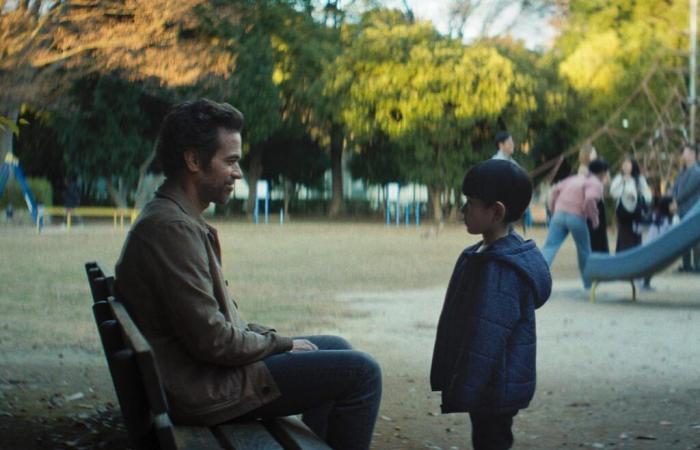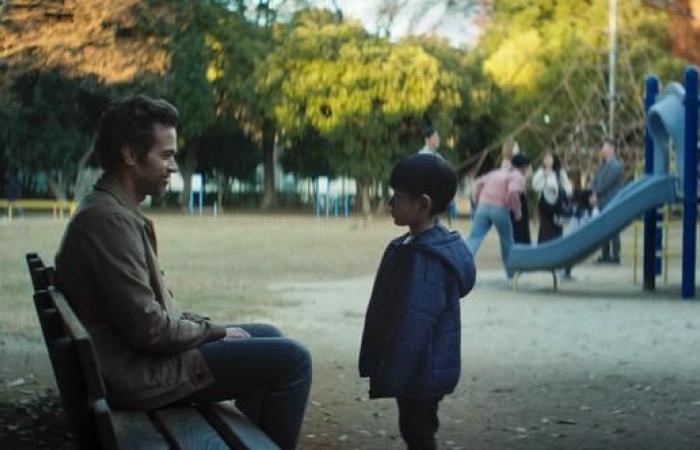THE “WORLD”’S OPINION – MUST SEE
So this is the hallmark of problematic paternity – if there are any others? – that Guillaume Senez, 46 years old and three feature films to his credit, intends to make a mark with his work and establish his reputation as an author. Keeper (2016) considered it as the early and spontaneous challenge of an adolescent. Our battles (2018), as an echo of Daniel Balavoine, confronted her with the eviction of the mother in the story, and it was already Romain Duris who stuck to it.
A missing part today redistributes the cards, and stands at the foot of two mountains. The parental trauma of the child that the other takes from you and knowingly withdraws from your love: what words, what images, to even approach the register of the related emotions? But also the most infamous and violent cultural context of this type of symbolic assassination, since the action takes place in Japan between binational parents.
Jay (Romain Duris) drives a taxi in Tokyo, speaks the national language fluently, has fit perfectly into the mold of customs and lives with a monkey. A sort of supreme wisdom, shrouded in the mystery of his presence in this place, emanates from his person. In contrast, her sister Jessica (Judith Chemla), separated from a Japanese man and kept at a distance from her daughter, Vanessa, by a court decision, arrives from France with all the attributes of Latinity.
Refusal of shared custody
It therefore comes up against the intangibility of the Japanese principle, the only one in the world to apply it, which consists of favoring “continuity” in the child's situation and to entrust exclusive custody to the parent with whom he lives, without allowing the spouse to approach him. This refusal of shared custody and visiting rights opens the door to all abuses, starting with the preventive kidnapping of the child, and to the attack on the fundamental right of the latter to love and to be loved by both his parents.
Without Jay, a flexible and wise intercessor, Jessica would end up in prison, due to losing her temper. The Vanessa chapter, which the story will eclipse a little brutally, is however only the ultimately ironic exordium of a story which primarily concerns the character of Jay. For it soon appears that the Japanese model is not so much a model of wisdom as a man mortally resigned to his fate.
Like his sister, in fact, Jay married a Japanese woman, like her, he was separated from his daughter nine years ago and, as she does not yet know, it may be that the other parent, supported by his family, the judicial system, in short the whole of society, purposely disappears without a trace, the spouse being prohibited from seeking to find their child under penalty of imprisonment.
You have 44.37% of this article left to read. The rest is reserved for subscribers.







